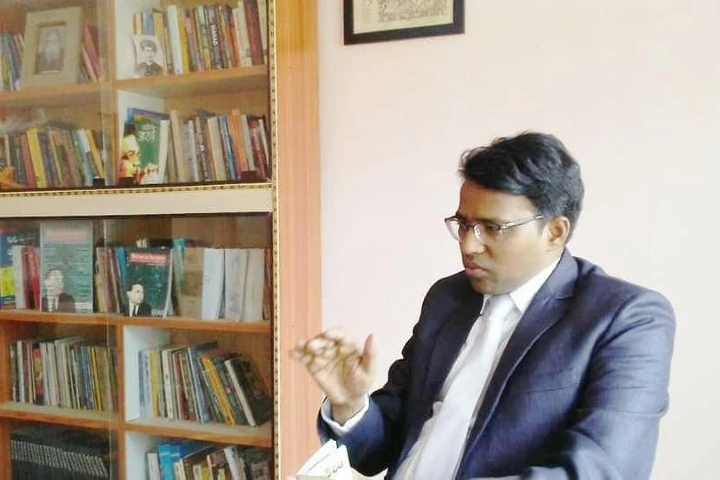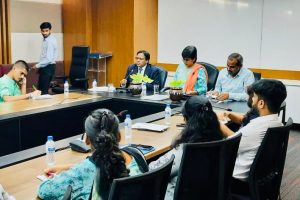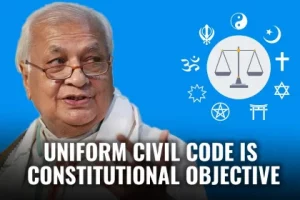As All India Muslim Personal Law Board (AIMPLB) and other leading Muslim organisations are registering their protest with the Law Commission of India about Uniform Civil Code (UCC), some Pasmanda (incudes Dalit and backward class Muslims) activists and outfits have decided to register their support for the UCC and exhort public at large in its favour.
The date of registering opinions with the Law Commission has been extended to July 28 from July 14.
While the AIMPLB deems implementation of the UCC as infringement in the Shariah of Muslims, Pasmanda activists like Dr Faiyaz Ahmad Fayzie says that it will reform the Shariah-based laws and bring equality to all citizens.
The Nationalist Muslim Pasmanda Mahaz, led by BJP leader Atif Rasheed, will organise a conference in Lucknow on July 23 to provide information about the UCC and dispel any rumours or misconceptions about the same. The organisation will then conduct a direct dialogue with Pasmanda Muslims visiting villages and cities across the country.
The Mahaz maintains that since the code has not been released or read yet, opposing it without proper understanding is unjust.
Fundamentals of Support to UCC
Dr Fayzie lists a number of key points which are bedrock of his support to the UCC. The first, he says, is that the Muslim Personal Laws are not in consonance with the culture followed by backward Muslims in India. According to him, the Personal Laws of Muslims are premised on medieval Arabic and Iranian interpretations of Islam and thus should be done away with.
“There are several things in Muslim Personal Laws like permission for keeping multiple wives at a time, the discrimination with daughters for claiming inheritance in a family. If parents have only daughters, the girls cannot inherit the whole of their parents’ property. They will have to share it with men of their father’s extended family as they are entitled to only 1/4th of it as per Personal Laws. This is all because Islam, as one of its principles called Urf (common law), allows adherence to the local culture so long as it doesn’t clash with its laid down principles,” says Dr Fayzie.
He adds that another instance of inheritance law showing bias is when it denies a grandchild share in his grandfather’s property.
Plus, he says, Muslims follow the Shariah’s “Kufu” principle, or the Importance of the Law of Compatibility (Kufu) in Islamic Marriages, and practice all sorts of discriminations based on caste, biradari, and race.
He also points out that the Pasmanda society of Muslims suffers because of following the Muslim Personal Laws. “Despite having a joint family system, they cannot get an income tax rebate like Hindus do. Joint family systems are a quintessential feature of Indian society and hence the discrimination against Pasmanda Muslims is a violation of Article 15 that bars discrimination based on religion,” he says.
Dr. Fayzie feels that to remove all such anomalies, the UCC must become law in India.

















